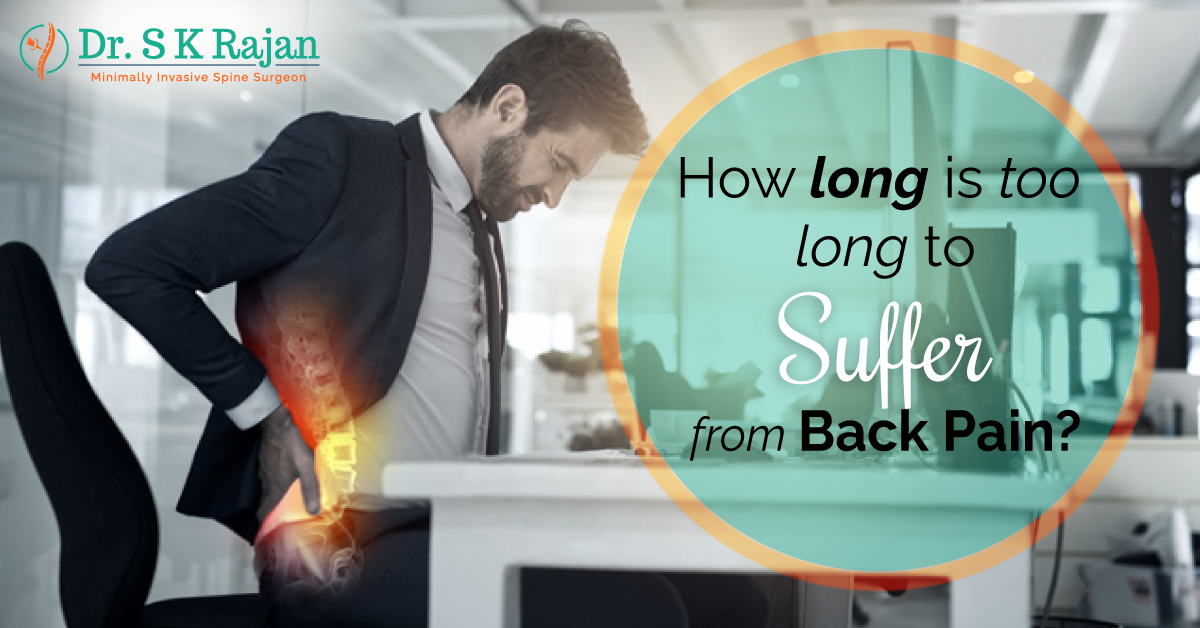
Back pain is a common complaint often caused by skin diseases, paravertebral muscles, facet joints, and spinal nerves. Bones. There is an upper back and a lower back. The upper back is sometimes called the thorax or the rib cage, and the lower back is called the lumbar segment. This is the upper back from the first to the twelfth thoracic vertebra in the middle and the whole rib cage over the back or chest. From the first lumbar vertebra to the coccyx is the lower back.
Pain in the proper upper back can come from the skin, the tissue under the skin, the muscles, the ribs, the facet joint, the spinal cord, spinal nerves, or the lungs. Most of the time, pain in the proper upper back feels sharp and stabbing. Pain can sometimes be dull and all over.
Some structural problems, like bulging or broken discs, can cause back pain by putting more pressure on the nerves and making them hurt.
Another cause is arthritis, which can cause spinal stenosis, a spinal cord narrowing.
If you have any of these problems, you might want to talk to pain management experts at LISS about how to deal with the pain. Also, remember that kidney problems and osteoporosis can cause back pain.
It hurts when you strain your body and muscles, often because of your daily activities. One of the main things to do is lift weights that are neither too heavy nor too heavy for you.
It's essential to think about how to lift things correctly and how much you can carry. Most of these back pains are caused by tight muscles, damaged discs, and muscle spasms.
When doing things like using a computer, posture and movement are important and almost necessary. Your way of sitting can put a lot of strain on your back, which can cause severe back pain.
Things like twisting, tense muscles can cause back pain, and bending awkwardly. Think about using a good, trusted way to sit, and try not to stand or sit for a long time.
If you're going on a long drive, you should often stop to let your body rest.
Back pains can be caused by medical problems like cancer, infection of the spine, cauda equina syndrome, or a sleep disorder.
If you have any health problems, you should always talk to your doctor about how to ease your pain.
Many people with back pain won't need a lot of care. Over-the-counter medications usually work.
More potent treatments may be required in more severe cases, but your doctor will usually keep a close eye on you while you're getting them.
Nonsteroidal anti-inflammatory drugs (NSAIDs), such as:
Analgesics, like Tylenol (acetaminophen), are another type of painkiller. They aid with back pain even though they don't have anti-inflammatory qualities.
Use caution when taking ibuprofen if you've ever had problems with your kidneys or stomach ulcers.
If you need to take an OTC medication, always follow the manufacturer's instructions and never take more than the authorized dose. Even over-the-counter medications can have serious side effects if they are taken wrong.
Surgery is usually only done on people who have structural problems that haven't gotten better with medication and therapy.
If you fall into any of these categories, you may want to consider surgery:
If your back sometimes hurts when you stand, it's probably because of postural stress. It will most likely go away on its own or with home remedies in a few days. If the pain doesn't go away, gets worse, or comes with other signs, it's time to see a doctor.